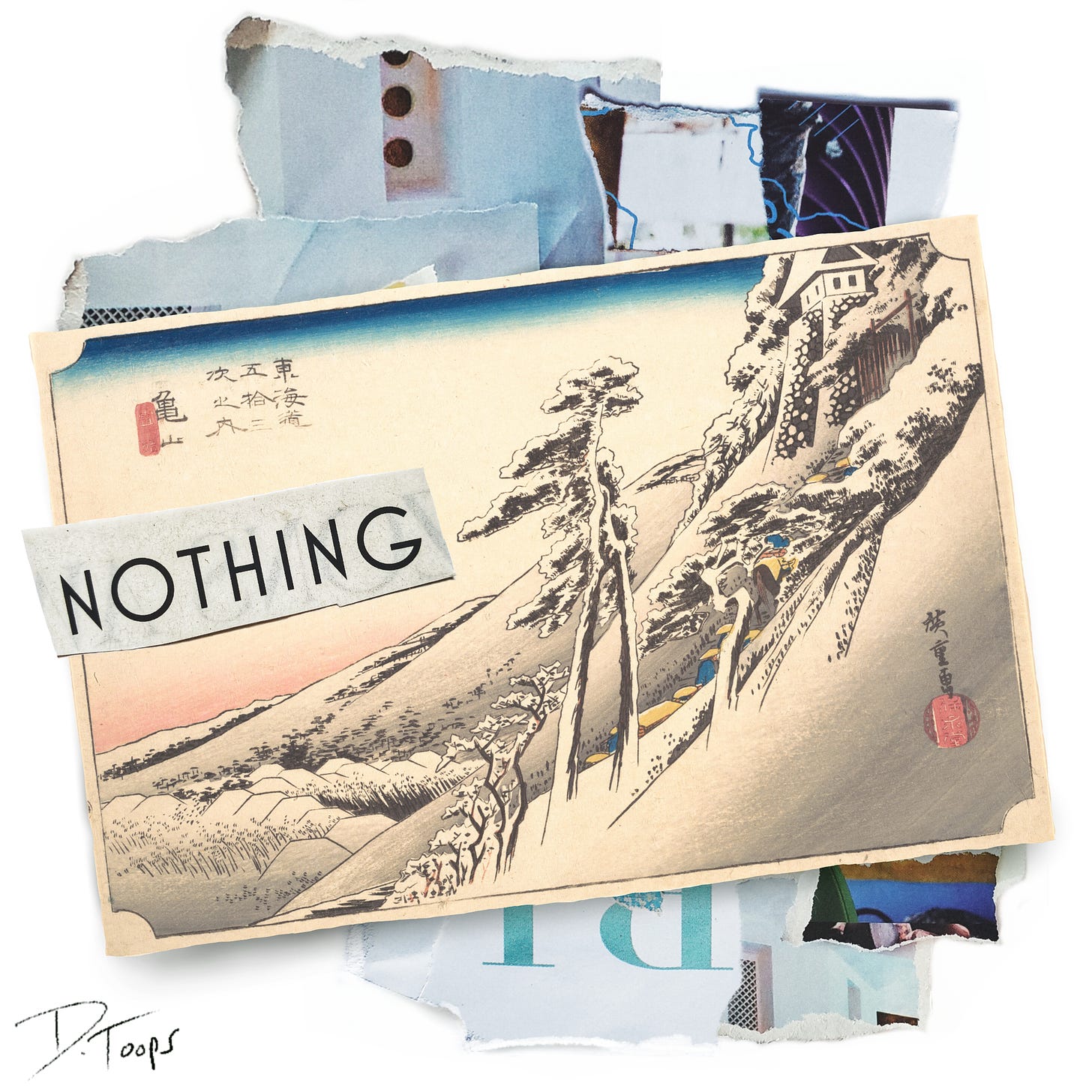"[N]ot yet have we solved the incantation of the whiteness," Herman Melville says, or "learned why it appeals with such power to the soul". Why this bounded infinite of empty is a source of consternation and possibility. A fathomlessness that breaks all beliefs, beyond all we could ever ask or think. The white whale. A blank page. An eye-level ether. A pale winter. You know the feeling. You sit at your desk. You stare. The blinking cursor just glares back at me.
This is how it happens for me. Perhaps, also how it happens for you. My morning begins with words, or maybe the words begin with me. Either way, you sit at your desk. You study. You stare. You read. You search for tracks and trails. Impressions in the snow. Patterns of movement amid the expanse. Bounders, amblers, and perfect steps. Verbs, memory, and tone. A moment elapsed and still preserved. The marks of something worth following. The signs of something following me. The indications and indentations that something once was here. The traces that something could still be. A slow and awkward gait towards anything resembling spring.
You sit at your desk. You read what's been written. You stop. You stare. And then, you start to wander, aimlessly. You start to wonder, purposefully. We let ourselves get lost. We "court digression", Judith Kitchen says. We look to be led astray.
The negative space is essential. It is the art itself. The stillness. The staring. The wait. A nothingness that dictates everything. Padding fingers pressing keys. The jagged lines of scrawl. A phrase that finds a turn. A turn that phrases me. Our words are just transcription. Our sentences, just depictions. “[A] dumb blankness, full of meaning,” Melville says, you sit at your desk and you stare into "a wide landscape of snows”.





I'm really enjoying all these collages; this one especially, perhaps.